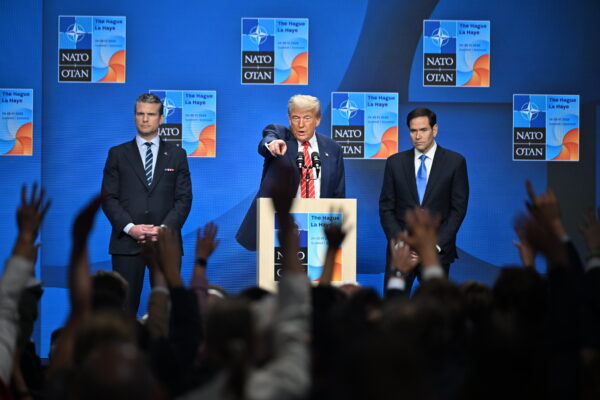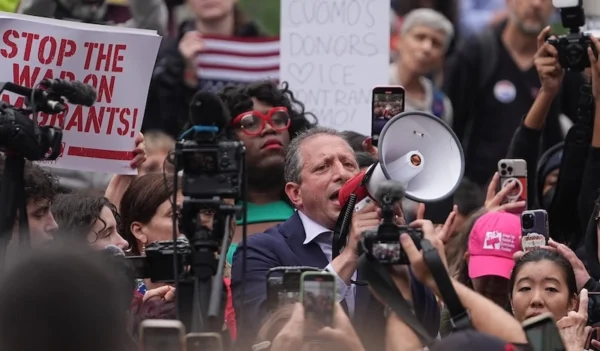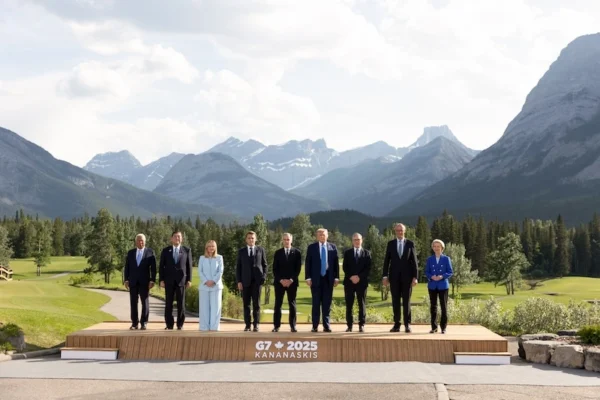False Nostalgia About The Parliamentary System in Turkey
The parliamentary system in Turkey did not isolate or end the antidemocratic means of intervention in democratic processes
The coverage of the debates on a potential system change and the presidential system in Turkey is taking place in a problematic way in some Turkish and international media organizations. First of all, the issue is being discussed as if a well-functioning system still exist, and the Justice and Development Party (AK Party) government is trying to change this system for the interest of its survival. However, the reality under current circumstances is that the system constitutes a serious threat to economic and political stability in Turkey. Following the military intervention through the Internet memorandum in April 2007 during the presidential election process, Turkish voters went to the polls in a referendum and voted to change the Constitution for the president to be elected by popular vote instead of by Parliament. Following this amendment, a serious issue emerged in terms of the rights and responsibilities of an elected president that needs to be addressed. The status quo is not possible under the current circumstances. An elected president who received more than 50 percent of the vote, in particular in an election that had a turnout of more than 80 percent, raises a serious debate about the place of the office in the system. So a constitutional change that will include a change in the system of government is not only necessary, but a must in order to prevent potential crises of governance in the country in the future.
Secondly, during debates about a system change and presidential system among some circles there is a false nostalgia about the parliamentary system that worked very smoothly in previous periods. However, Turkish political history demonstrates that in the last 65 years of electoral democracy, the parliamentary system, especially in the absence of a strong one-party government, brought a lot of instability and crises to the country. The last example of this period of crisis took place during the 1990s when coalition governments from the lack of effective governance, short-lived governments and frequent elections brought Turkish democracy to the brink of another junta. A military intervention took place as a result of these government crises, and just like the late 1970s, Parliament had difficulty electing a president. The crisis ended only with the November 2002 elections when voters brought a strong AK Party government to power. The AK Party’s parliamentary majority allowed it to pass important political and economic reforms and launch accession negotiations with the European Union. There are some legitimate concerns among those who experienced these periods of coalitions in Turkey, and despite many economic and political developments since then, the return of a period of coalition governments will bring similar problems to the country.
Finally, another false nostalgia in the debates about a system change in Turkey in some Turkish and international media is taking place in regard to the democratic wisdom of the parliamentary system. Parliamentary systems can be very successful in some countries by contributing to the quality of democracy, representation and freedoms, however during its presence in the last 65 years in Turkey the system was under constant threat of tutelage. The system was constantly challenged by the military and judiciary. Especially the government crises in coalition periods made the military intervention a savior of the country in the eyes of many people in the country. This provided a window of opportunity for constant intervention by the military. Even when there were one-party governments, the military and the judiciary constantly found a way to intervene in the political system. The coup of 1960, the Internet memorandum of 2007 and the lawsuit against the AK Party took place when there was a one-party government. Thus, the parliamentary system in Turkey did not isolate or end the antidemocratic means of intervention in democratic processes. While discussing a potential system change in Turkey one needs to avoid making these false assumptions about the existing system.
This article was originally published in Daily Sabah on May 29, 2015.




















